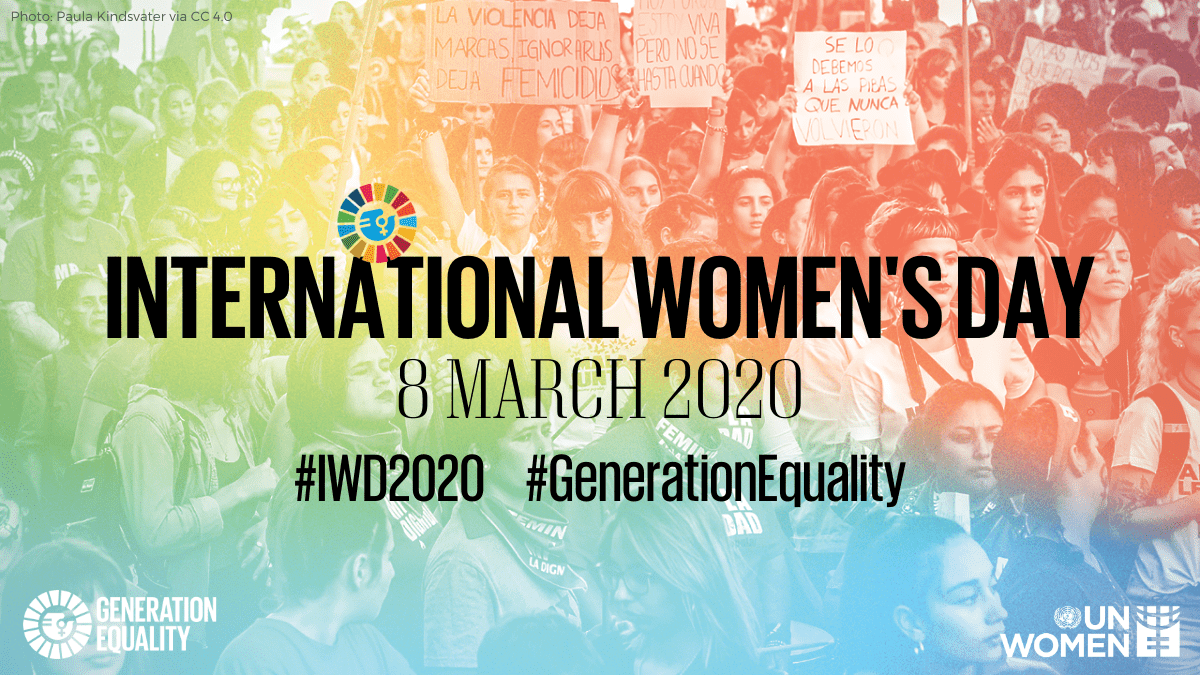Gender equality and women’s empowerment are challenges both within cooperatives, and in countries where cooperatives operate. Multiple barriers impose limitations on women, hindering their access to opportunities, often translating into legal restrictions that institutionalise women’s marginalisation. Eliminating those barriers that thwart gender equality is a critical target for cooperative action and a key priority for the International Cooperative Alliance and its member organisations, which aim for a genderresponsive implementation of the 2030 Agenda for Sustainable Development.
International Women’s Day represents an unmissable opportunity to mobilise global action to achieve gender equality for all women and girls. In 2020, the theme I am Generation Equality: Realizing Women’s Rights marks the 25th anniversary of the Beijing Declaration and Platform for Action which recognised the multiple benefits of cooperatives. Now, it is time for the UN and international cooperative development sector to increase and prioritise aid to key development actors that strengthen women’s economic, social and political empowerment.
Cooperative solutions go beyond business as usual in market economies and can help achieve the Leave no one behind-agenda contributing to “A decade of action and delivery”.
As economic actors, considering gendered norms, women continue to earn less, are more likely to partake in unpaid labour and more apt to be excluded from decent work. However, we must remind people that, when women establish or join cooperatives, they perform innovative labour activities, earning higher incomes and increasing their business performance and competitiveness. Joining cooperatives increases their decision-making in the household, and improves their participation and empowerment within community affairs- given that cooperatives, as people-centred enterprises focus on inclusive employment enabling at large women who suffer multi-faceted inequalities.
In times of conflict and post-conflict reconstruction, we see that the cooperatives are always among the first enterprises to be established. Women are the first ones to join, restoring a fabric based on mutual trust and hope, addressing personal and communal needs such as freedom from violence and armed conflicts. Cooperatives are committed to fight any form of harassment and violence against women and their benefits in building peace and resilience have been recognised by key institutions at multiple levels including the ILO recommendation on the 2017 Employment and Decent Work for the Transition to Peace. Moreover Considering that gender equity is increasingly seen as a pillar for sustainable economic development and broad social well-being, people-centered economic models which promote human rights of women and girls at all levels need to be reinforced, making the SDG5 a reality. Cooperatives can be the tool to reduce the socio-economic injustices faced by women!





